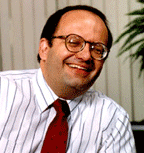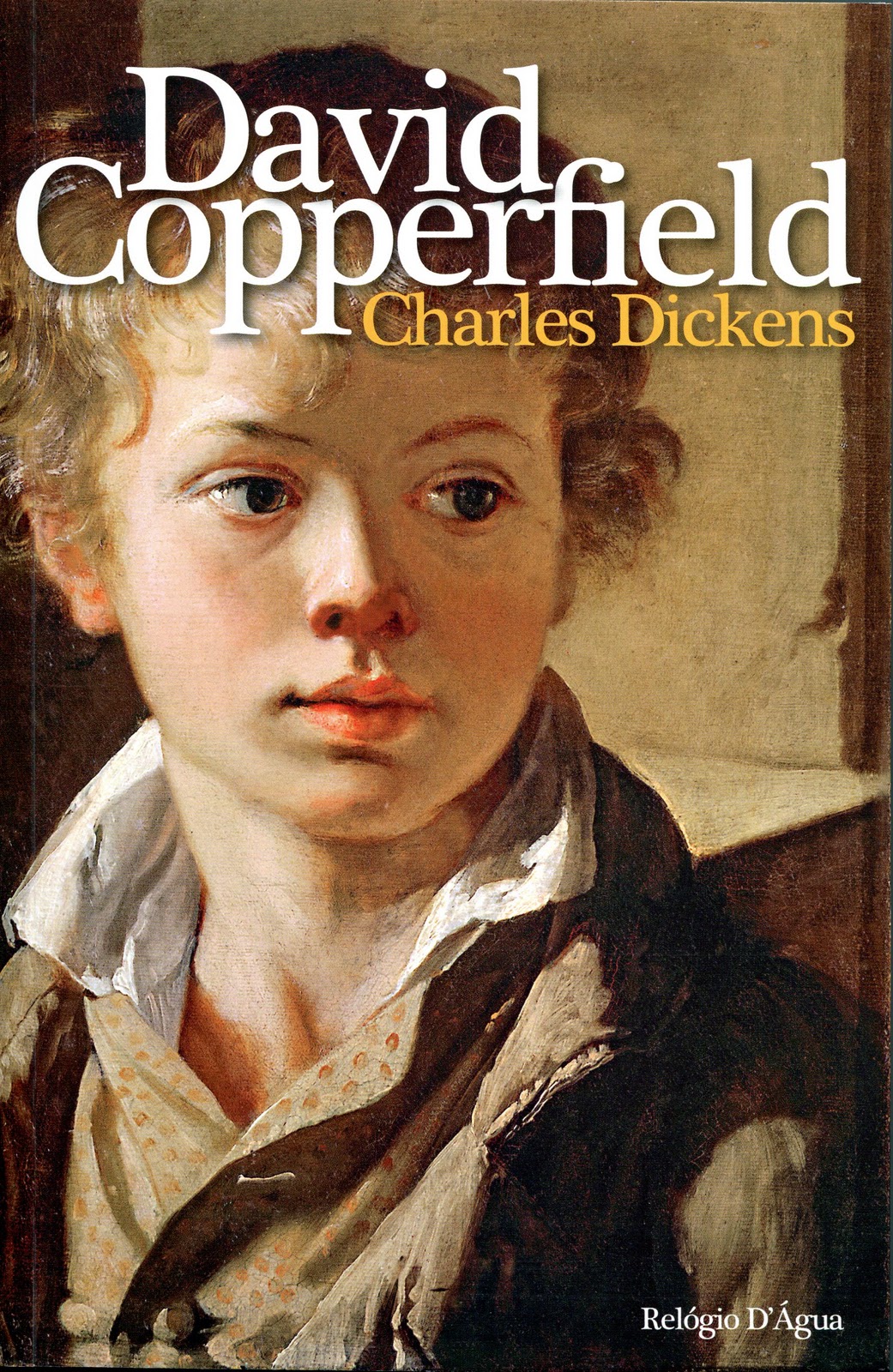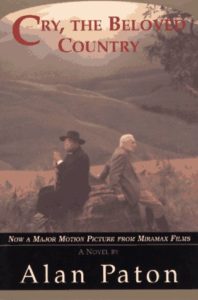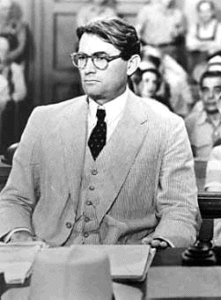Author: Helen Clapesattle
Personal Rating: 5/5
I read this biography some years ago and enjoyed it very much. I had a hard time finding it again because it is out of print. But, of course, Amazon helped.
This biography of two brothers who grew up observing and assisting in their father’s surgery is about a time that will never happen again. As Will Mayo said “We grew up to surgery with our father the same as a farmer grows up with his.” They entered the field just as antiseptic surgery with anesthesia was starting. This opened huge opportunities for new treatments.
The brothers were extremely bright, extremely dedicated, willing to spend multiple months a year to travel and learn the techniques of others and humble enough to share credit and information widely and freely.
The history of medicine embedded in this biography is interesting in its own right, but the personalities that shaped the Mayo Clinic in the 1920’s and 1930’s is also compelling. Their organizational creation has after nearly a century left Mayo Clinic the #1 ranked hospital in the US again last year. A great read.

 Author: Douglass Freeman
Author: Douglass Freeman Author: David McCullough
Author: David McCullough Author: Ron Chernow
Author: Ron Chernow H. Rider Haggard wrote many stories, mostly about Africa. The Allan Quatermain stories are the ones I enjoy the most. They are pure escape adventures in east Africa. I like older novels because there is none of the gratuitous sex and graphic violence in modern novels.
H. Rider Haggard wrote many stories, mostly about Africa. The Allan Quatermain stories are the ones I enjoy the most. They are pure escape adventures in east Africa. I like older novels because there is none of the gratuitous sex and graphic violence in modern novels.



